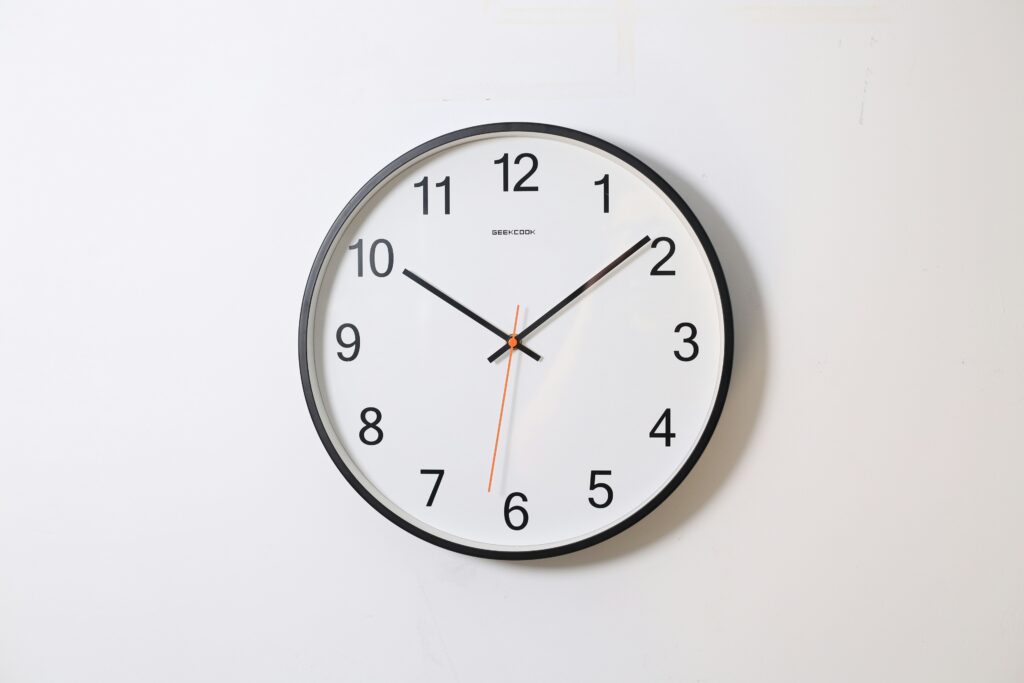Time spent in meetings can sometimes feel wasted if it isn’t managed well. Fortunately, there are several strategies to help ensure meetings run efficiently and effectively. Creating clear time references in the agenda, assigning a timekeeper, and minimizing disturbances all go a long way toward keeping meetings on track.

Start and End on Time
Starting a meeting promptly helps ensure it doesn’t end later than necessary. Let attendees know in advance that the meeting will begin exactly at the scheduled time to set clear expectations. To finish on time, begin wrapping up discussion items about 10 minutes before the scheduled end. This buffer allows room for last-minute comments without extending the meeting.
Create Agendas with Time References—and Share Them in Advance
Agendas with time references let participants know how long to spend on each topic. These can be specific (e.g., 7:30 PM) or general (e.g., 20 minutes). It’s usually better to allow slightly more time than needed so discussions don’t run over.
Equally important is preparing and distributing the agenda ahead of time. Circulating it early gives attendees a chance to review, prepare, and arrive ready to contribute productively.
Define the Timekeeper’s Duties
Some meetings benefit from a designated timekeeper, whose role is to alert the meeting manager when it’s time to move on to the next agenda item. However, it’s not solely their responsibility to keep the meeting on schedule—the meeting manager should also monitor the time. Before the meeting, the manager and timekeeper should coordinate so they understand each other’s signals and expectations.
Minimize Meeting Disturbances
Interruptions can quickly derail a meeting. Common disruptions include ringing phones, people entering unexpectedly, or intercom announcements. To reduce these, place “Do Not Disturb” signs on the door, silence electronic devices, and encourage attendees to use “Do Not Disturb” settings during the meeting.
Encourage Concise Communication
Sometimes meetings run long because participants take too much time to make their points. Overly wordy explanations can also lead to misunderstandings. Encourage attendees to share their thoughts concisely and prepare key points in advance. This not only shortens meetings but also improves clarity and productivity.
In Conclusion
Efficient time management is the key to making meetings productive rather than draining. By starting and ending on time, preparing agendas with clear time references, assigning a timekeeper, minimizing distractions, and encouraging concise communication, organizations can ensure their meetings stay focused and effective. With these practices in place, meetings become valuable opportunities for collaboration rather than time-consuming obligations.
References
Isip, R. (2023, November 11). How to effectively manage time in a meeting. The Order Expert®. https://www.theorderexpert.com/time-management-tip-how-to-effectively-manage-time-in-a-meeting/
Tavepholjalern, M. (2024, February 16). The key to efficient meetings: Strategies for time management. Cal.com. https://cal.com/blog/the-key-to-efficient-meetings-strategies-for-time-management
